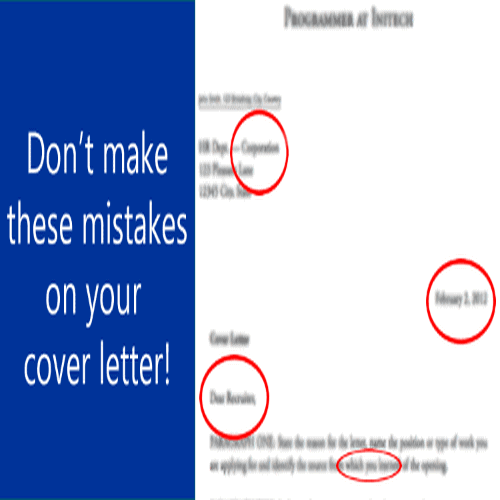NEED TO FIND JOB? TOP TIPS FOR JOB SEEKERS
Looking for an Available Job? Labour Hire Agencies are likely your key!!! Whether you are a seasoned worker looking for a career change or trying to find a job for the first time, there are a number of things you can do to improve your prospects. Read on to find out how to put your best foot forward in your search for employment!
Know your industry
In today’s competitive workplace, it’s important to know exactly what a potential employer is looking for when hiring so that you can stand out among the other job seekers. What skills are they looking for, for example? Are your skills current and up to date or could it be wise to do a refresher course? Courses through registered training organisations are always looked upon favorably, and can be a great way for those entering a new industry to gain practical experience so they are ready to hit the ground running in a new placement. Of course, some trades involve specific on the job training instead, which is why it’s so important to do your research before putting in an application.
A resume for success
When you are job searching, first impressions count. Your resume, and accompanying cover letter, will be your introduction to any potential employer and it’s imperative to get it right. A poorly edited resume tells your potential employer that you lack attention to detail. You may consider using a professional resume company, or simply ask someone to proofread your work for you before submission. Good spelling and grammar, along with a clear, readable format are a great start.
If you are required to address selection criteria, make sure it is specific to the job. A generic resume handed out to multiple businesses is not going to impress your future employer. They want to hear why you are the perfect candidate for the specific position advertised, and how your skills match what they are looking for in an employee.
Importantly, be genuine. Consider what traits make you an asset to your current position and how they can be utilised in your new role.
Applying for jobs
There is a multitude of platforms available to assist you in your search to find a job. Newspapers, community boards, online job seeker websites, and even social media groups advertise regularly for a range of different industries on behalf of businesses.
Another avenue to consider is a labour hire services company. Specialising in both short and long term employment solutions, the labour hire firm employs people who are looking for work directly and sends them out on regular assignments with clients looking for a trained worker to fill an employment vacancy. The benefits for job seekers is regular work in a variety of industries, with training, wages, insurance, and support offered by the labour company rather than the business.
If you’re trying to find a job, you need to put your best foot forward by researching your industry, keeping your skills current, and utilising the services of professionals to help you move forward to your dream career!
Like this post? Share it on Facebook! Refer to a friend who registers and get a Free RESUME review.







